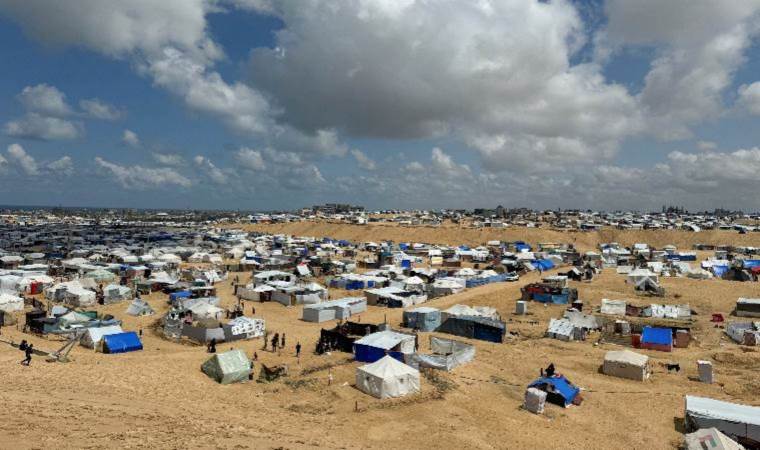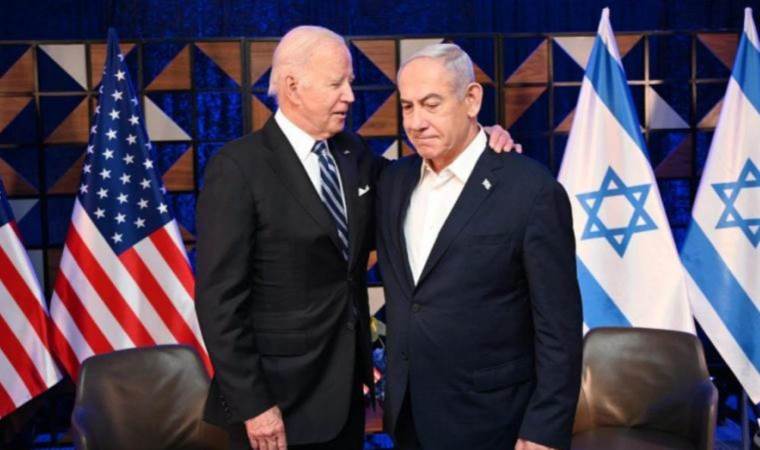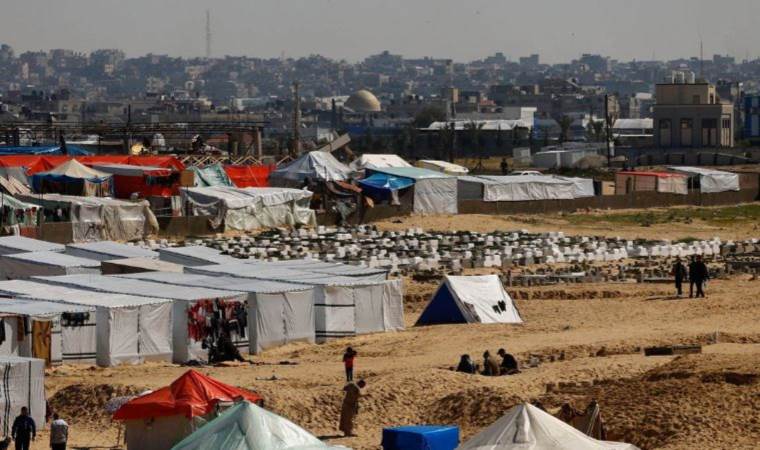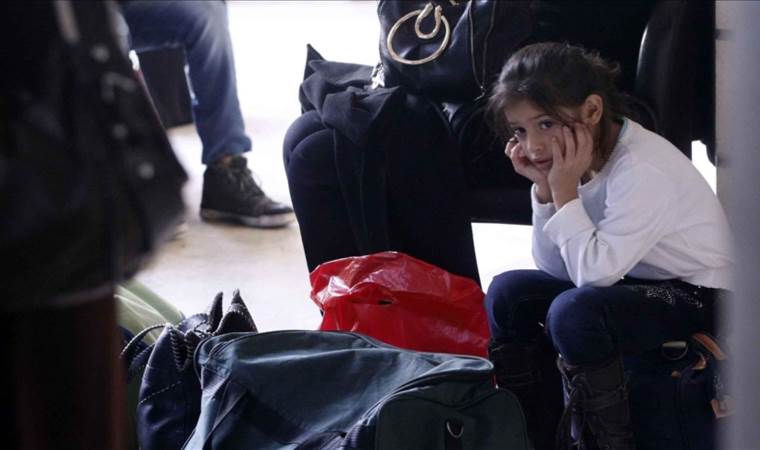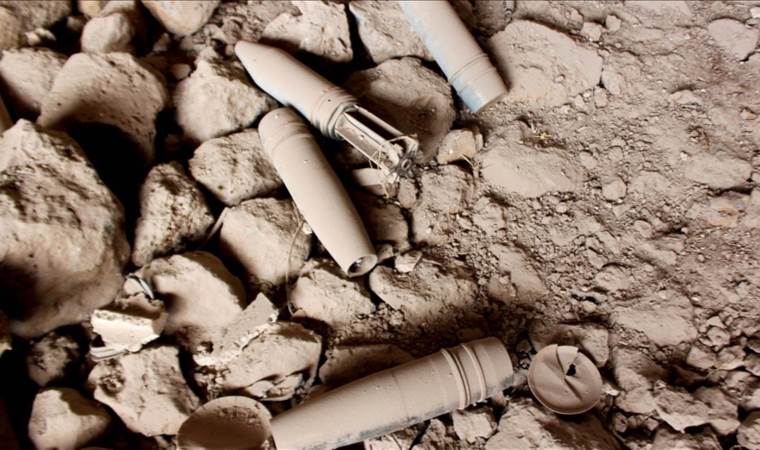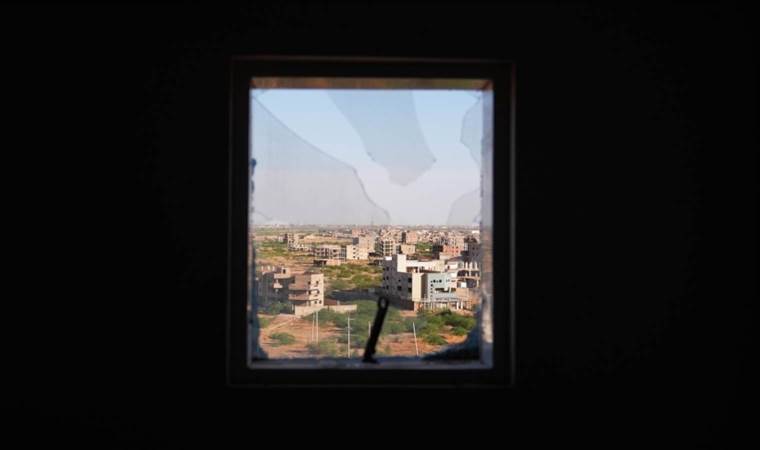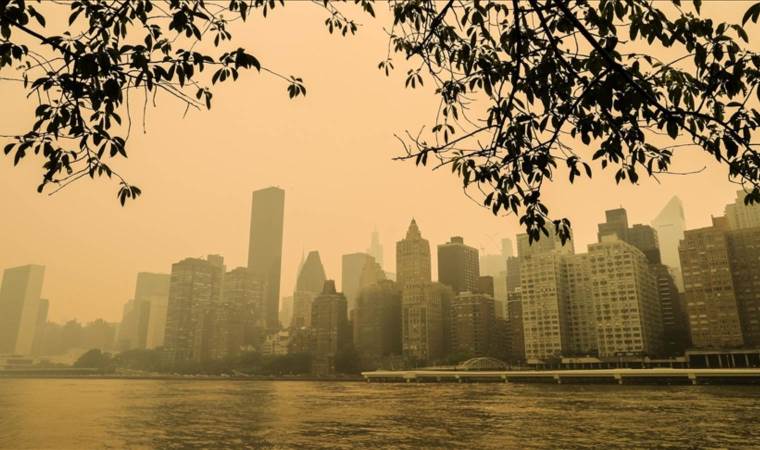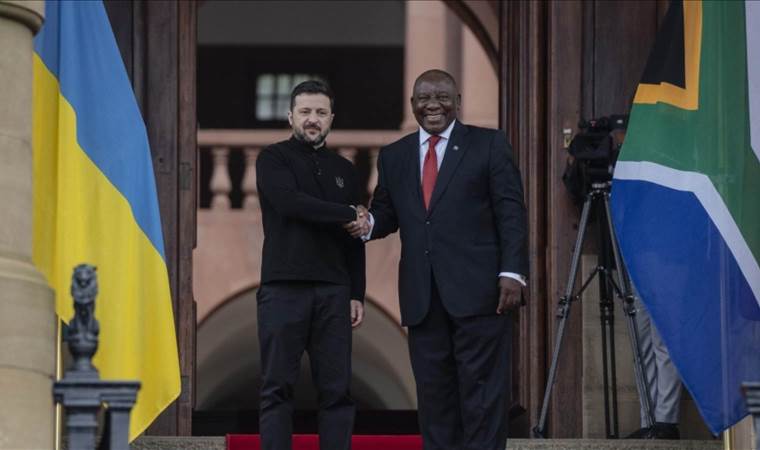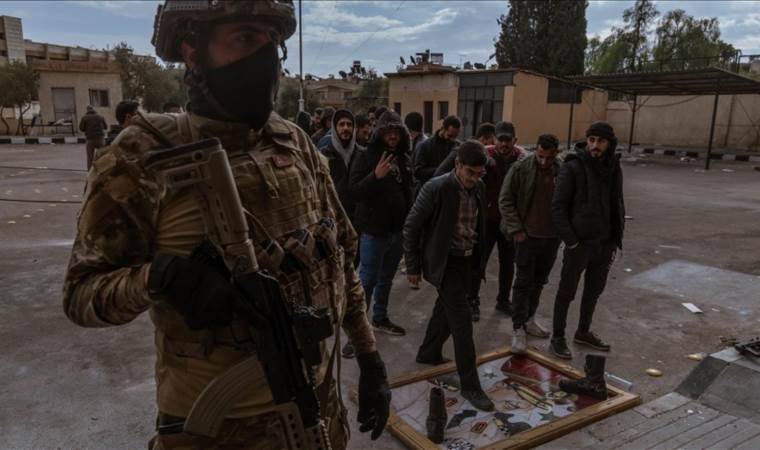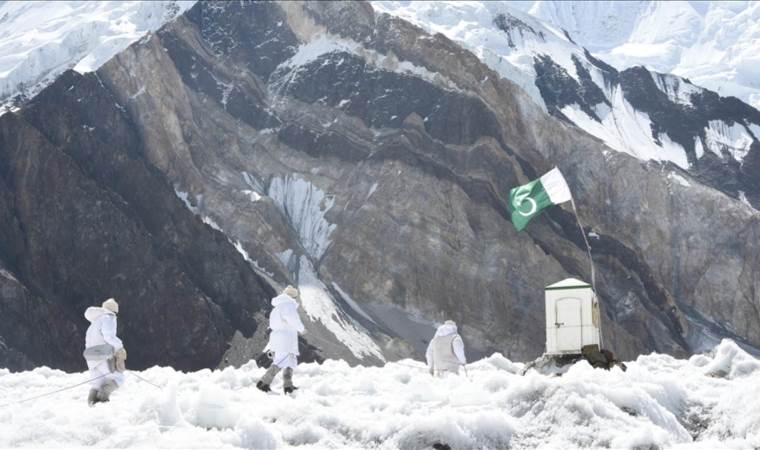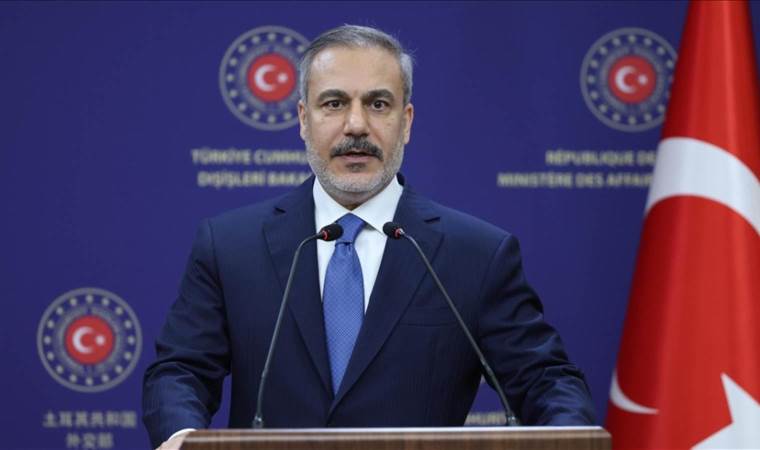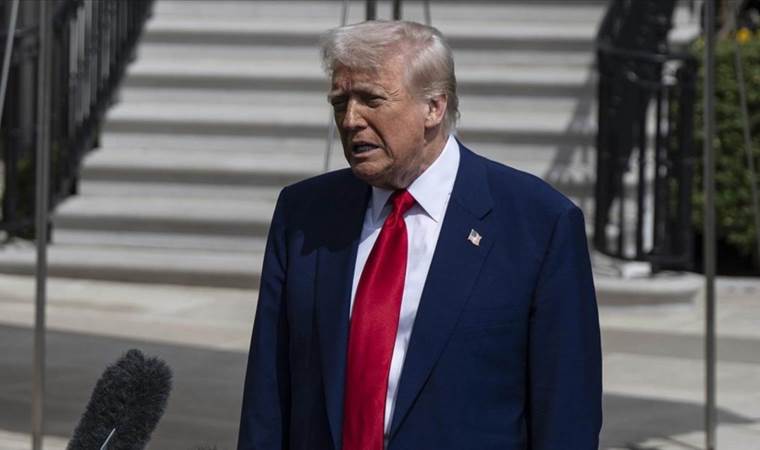Israeli forces seize Gaza's Rafah border crossing, Hamas says move harms truce talks
Israeli forces seized control of the Rafah border crossing between Gaza and Egypt on Tuesday and tanks pushed into the southern Gazan city of Rafah as international mediators struggled to find agreement on a ceasefire between Israel and Hamas.

Hamas accused Israel of trying to undermine the truce talks taking place in Cairo by mounting the offensive.
International aid agencies said the closing of the two main crossings into the southern Gaza Strip, Rafah and Kerem Shalom, had virtually cut off the Palestinian enclave from outside aid, with very few stores available inside.
Israeli Army Radio announced its forces had taken control of the Palestinian side of the Rafah crossing on Tuesday morning and army footage showed tanks rolling through the complex and the Israeli flag raised on the Gaza side.
Despite international appeals for Israel to hold off an assault on Rafah, Israeli tanks and planes also attacked several areas and houses there overnight. The Gaza health ministry said Israeli strikes across the enclave had killed 54 Palestinians and wounded 96 others in the past 24 hours.
On Tuesday morning, people searched for bodies under the rubble of wrecked buildings.
Raed al-Derby said his wife and children had been killed.
Standing in the street, anguish etched on his face, he told Reuters: "We're patient and we will remain steadfast on this land.. We are waiting for liberation and this battle will be for liberation, God willing."
More than one million people have sought refuge in Rafah, living in tented camps and makeshift shelters. Many are trying to leave, heeding Israeli orders for them to evacuate, but with large areas of the coastal enclave already laid to waste, they say they have nowhere safe to go to.
The Israeli military said a limited operation in Rafah was meant to kill fighters and dismantle infrastructure used by Hamas, which governs Gaza.
Hamas said late on Monday it had agreed to a ceasefire proposal but Israel said the terms did not meet its demands. On Tuesday, the militant group said the Israel's Rafah incursion was aimed at undermining ceasefire efforts.
Mediator Egypt also said the Rafah operation threatened the ceasefire efforts, and the European Union's foreign policy chief, Josep Borrell, warned that a wider assault on Rafah would cause many civilian casualties.
Israel has for weeks threatened to mount a major incursion in Rafah, which it says harbours thousands of Hamas fighters and where potentially dozens of hostages are being held. Victory over Hamas is impossible without taking Rafah, it says.
A total of 34,789 Palestinians, most of then civilians, have been now killed in the conflict, the Gaza Health Ministry said.
The war began when Hamas militants attacked Israel on Oct. 7, killing about 1,200 people and abducting about 250 others, of whom 133 are believed to remain in captivity in Gaza, according to Israeli tallies.
RAFAH CROSSING CLOSED
A Gaza border authority spokesperson said the Rafah crossing, a vital route for aid into the devastated enclave, was now closed. Red Crescent sources in Egypt said aid shipments had completely halted at Rafah and at the Israeli-controlled Kerem Shalom crossing.
"The Israeli occupation has sentenced the residents of the Strip to death," said Hisham Edwan, spokesperson for the Gaza Border Crossing Authority.
The United States and other governments have been pressing Israel not to start a campaign in Rafah until it had drawn up a humanitarian plan for the Palestinians sheltering there.
Israel said most people had been evacuated from the area of military operations and it has told them to go to what it calls an "expanded humanitarian zone" around 20 km (12 miles) away.
Palestinian Abdullah Al-Najar said this was the fourth time he had been displaced since the fighting began in October.
"God knows where we will go now. We have not decided yet," he said.
In Geneva, U.N. humanitarian office spokesperson Jens Laerke said "panic and despair" were gripping the people in Rafah.
He said that under international law people must have adequate time to prepare for an evacuation, and have a safe route to a safe area with access to aid. This was not the case in the Rafah evacuation, he said.
"It's littered with unexploded ordnance, massive bombs lying in the street. It's not safe," he said.
TRUCE TALKS IN CAIRO
As the ceasefire talks stumbled, mediator Qatar said its delegation would try to resume indirect negotiations between Israel and Hamas in Cairo.
Hamas said in a statement on Monday that its chief, Ismail Haniyeh, had informed Qatari and Egyptian mediators the group accepted their proposal for a ceasefire. Israeli Prime Minister Benjamin Netanyahu's office said later the proposal fell short of Israel's demands.
A Palestinian official close to mediation efforts told Reuters a Hamas delegation may arrive in Cairo later on Tuesday or on Wednesday to discuss the ceasefire.
A senior Israeli official said a team of mid-ranking Israeli officials would go to Cairo to assess whether Hamas can be persuaded to shift on its latest ceasefire offer.
Any truce would be the first pause in fighting since a week-long ceasefire in November during which Hamas freed around half of the hostages and Israel released 240 Palestinians it was holding in its jails.
Since then, all efforts to reach a new truce have foundered over Hamas' refusal to free more hostages without a promise of a permanent end to the conflict, and Israel's insistence that it would discuss only a temporary pause.
Most Read News
-
 Germany offers Syrians up to $4,555 to return home
Germany offers Syrians up to $4,555 to return home
-
 Despite stated ban, Spain continues to buy arms from Isr
Despite stated ban, Spain continues to buy arms from Isr
-
 China denies having talks with US on tariffs
China denies having talks with US on tariffs
-
 60 militants from paramilitary RSF killed in North Darfu
60 militants from paramilitary RSF killed in North Darfu
-
 Nearly half of Americans now live with dangerous air qua
Nearly half of Americans now live with dangerous air qua
-
 Zelenskyy partially cancels South Africa visit in wake o
Zelenskyy partially cancels South Africa visit in wake o
-
 Britain lifts sanctions against Syrian defense, interior
Britain lifts sanctions against Syrian defense, interior
-
 Pakistan says any Indian attempt to divert, stop flow of
Pakistan says any Indian attempt to divert, stop flow of
-
 Turkic world will continue to stand by Turkish Cypriots,
Turkic world will continue to stand by Turkish Cypriots,
-
 Recent Russian strikes on Kyiv were 'not necessary,' say
Recent Russian strikes on Kyiv were 'not necessary,' say
